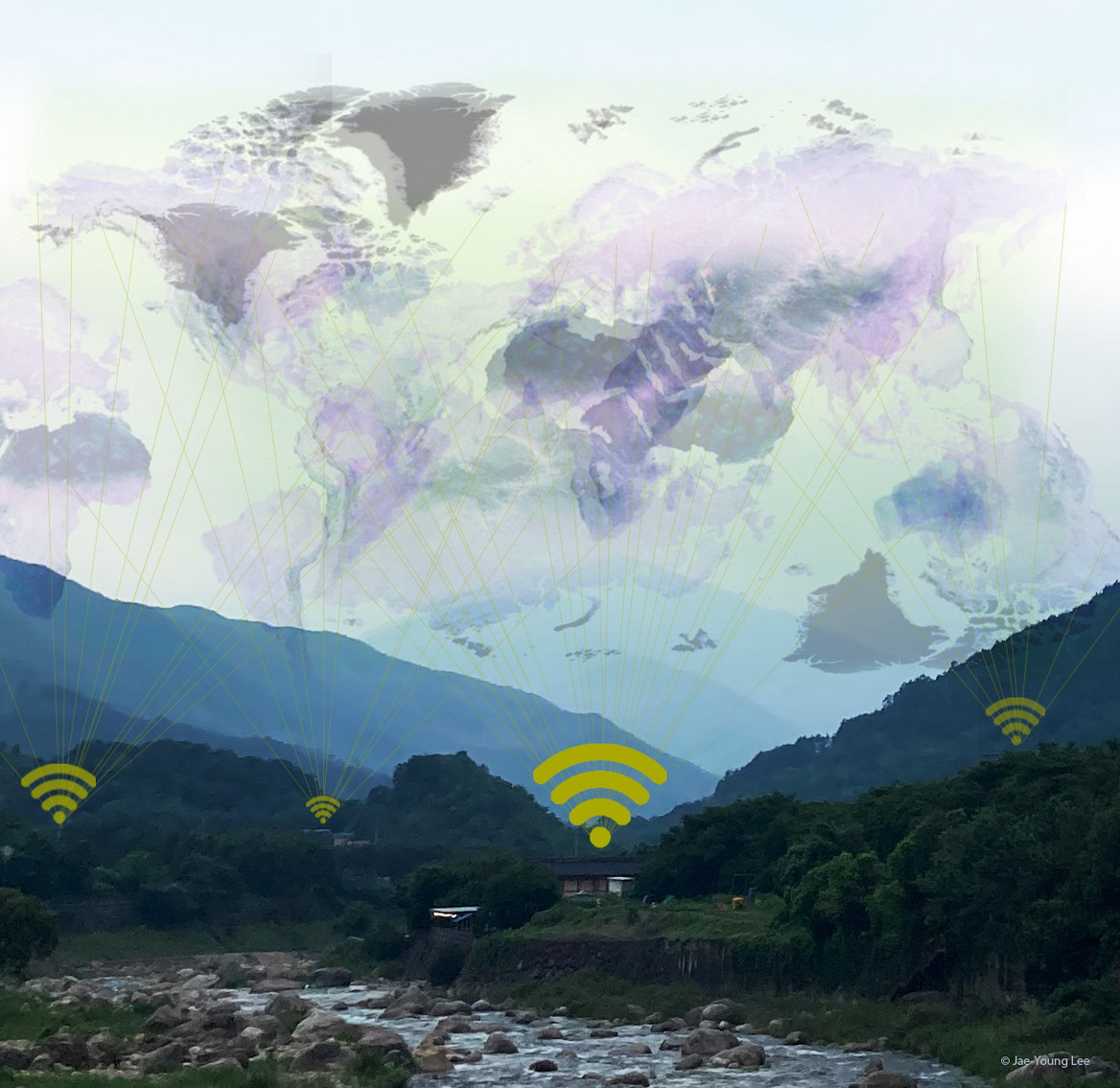What we do at the ‚Peripheries’: Negotiating Urbanization and Place in Mountainous Rural Areas through Digital Economies (Working title
Research department: Economy and Civil Society
Project Leader within IRS: Jae-Young Lee
Funding Organization: German Research Foundation
Duration: 02/2022 - 12/2025
In her dissertation project, Jae-Young Lee investigates how residents in mountainous rural areas negotiate the concept of "rurality" in the face of the commodification of rural spaces and urban hegemonies. The work is based on two field studies in rural areas in Chile and South Korea.
Today, the concept of rurality is often understood as a binary residual category to urbanity and is equally subject to different projections. Dominant interpretations as resource spaces, nature conservation spaces or "peripheralized" living spaces are overlapping or even exclusive. These simultaneous constructions of rural spaces (Christmann, Knoblauch and Löw, 2022) manifest themselves in the form of social conflicts and political problematizations. This is not only evident in the meandering state definitions of rural areas searching for qualitative frameworks to urban planning projects. Increasing debates about spatial justice (Soja, 2010; Goodwin-Hawkins et al., 2022) in the midst of planetary resource scarcity and climate crisis also reveal intensifying interdependencies between different spatial typologies and spatial actors, which appear to be gaining new scope for negotiation through digital economies such as tourism and e-commerce.
In order to investigate these processes at the level of the inhabitants of rural areas, the project is dedicated to their perspectives, ideas and practices of spatial production on the basis of two qualitative case studies. In order to broaden the understanding of rural spatial production, non-human-actors (de Certeau, 1986; Latour, 2005) are also included as actors within the analysis. These are examined particularly with regard to spatial peripheralization processes, which are to be understood as socio-spatial practices of territorial dynamics (Willett and Lang, 2018). Consequently, in order to capture spatial processes outside of rural-urban readings (Brenner, 2016), the refiguration theory (Löw et al., 2021) is applied in a complementary way.
The cumulative dissertation is based on the third-party funded project "Peripheralized Rural Spaces: Digitalization and Spatial Constructions", which is part of the CRC 1265 "Refiguration of Spaces" at the TU Berlin.
The work is supervised by Jörg Stollmann at the Institute of Architecture at the Technical University of Berlin and by Gabriela Christmann at the Leibniz-Institute for Research on Society and Space in Erkner.


